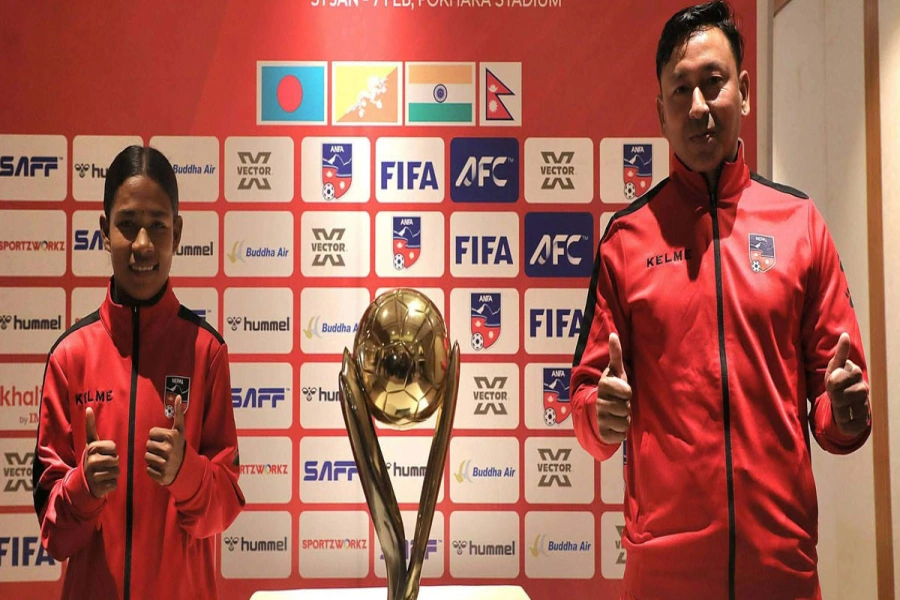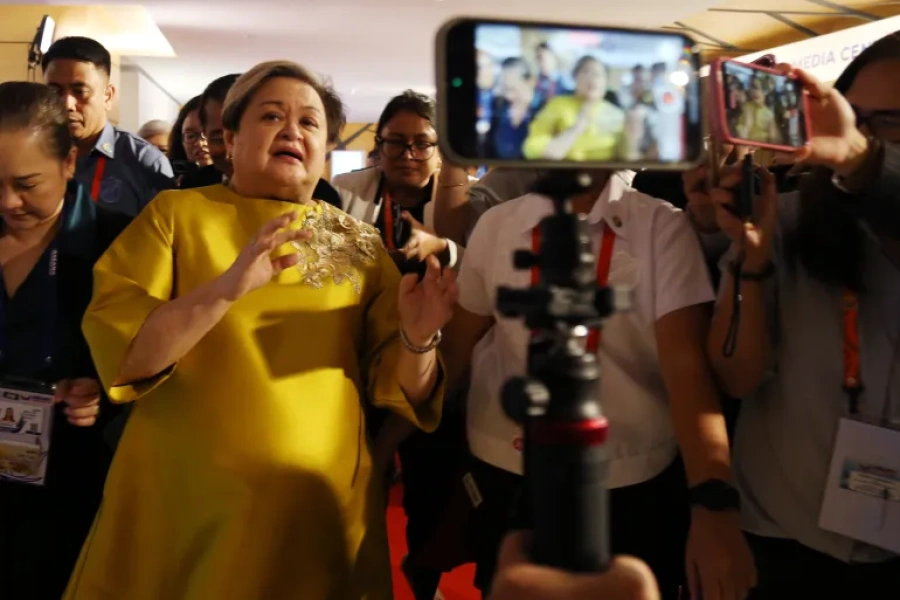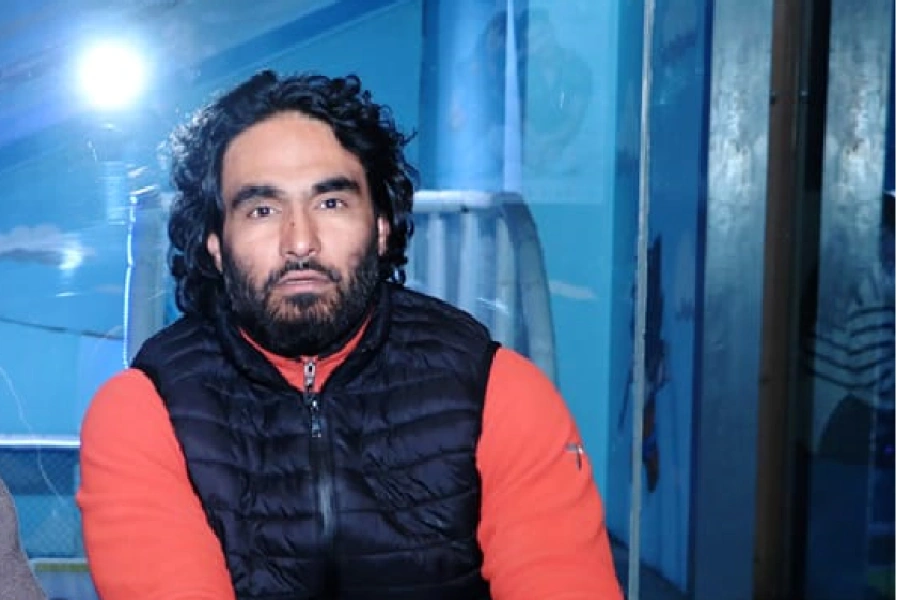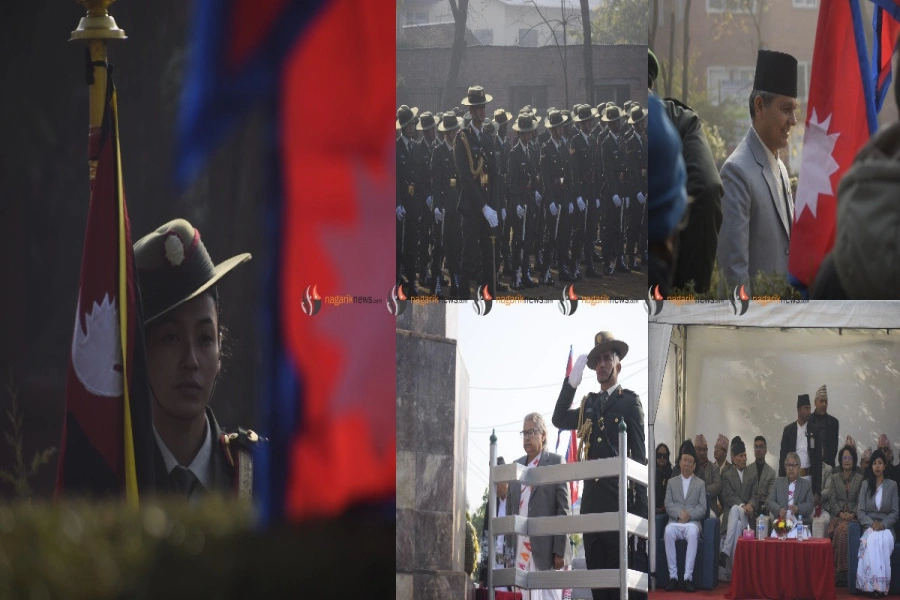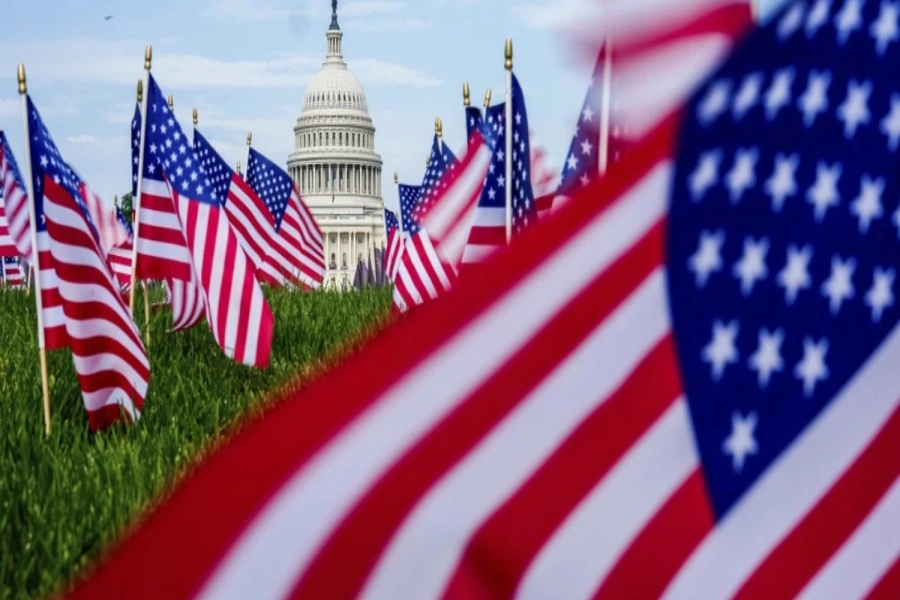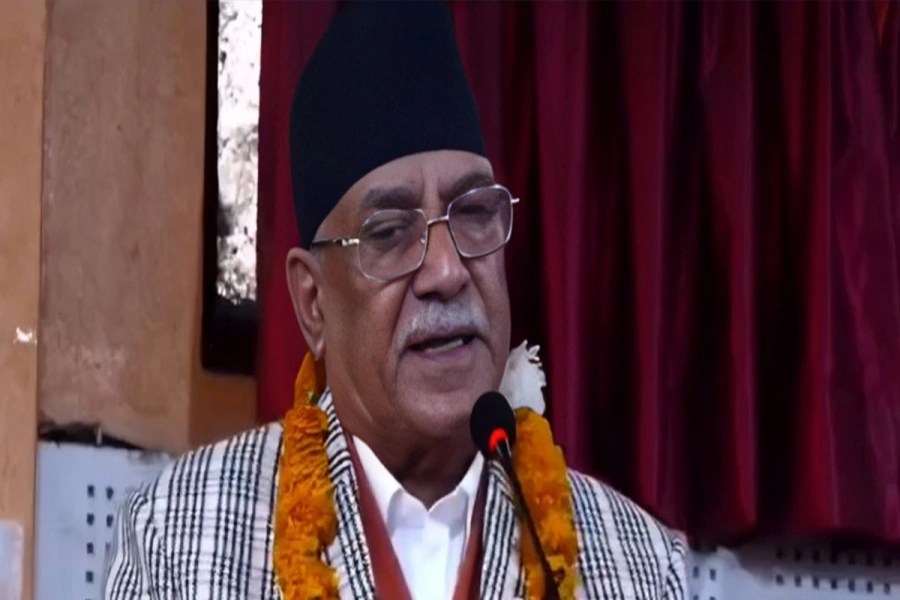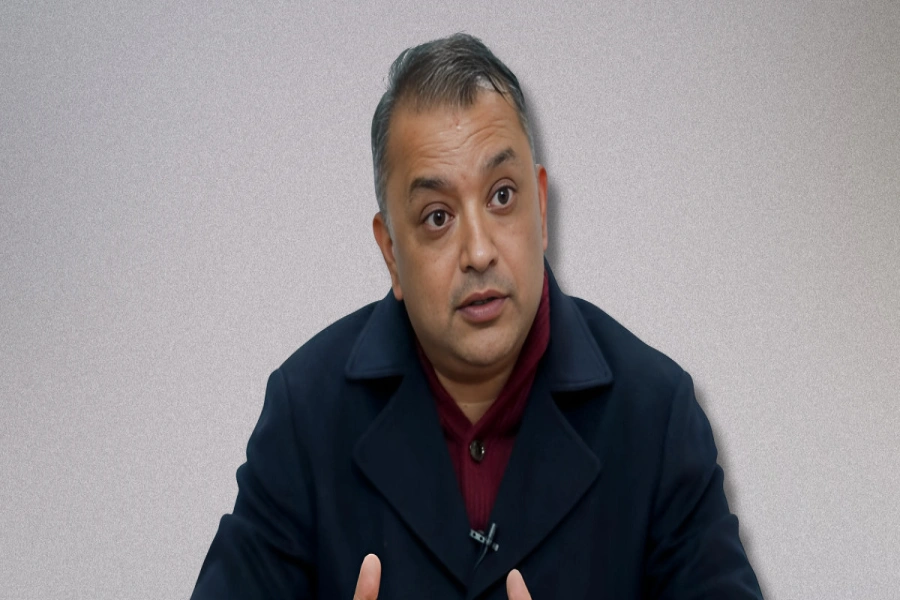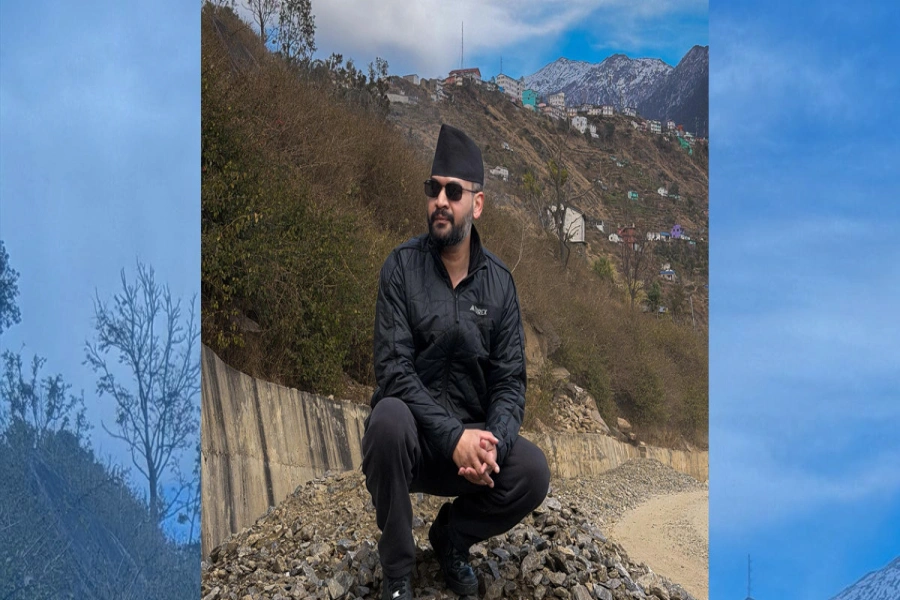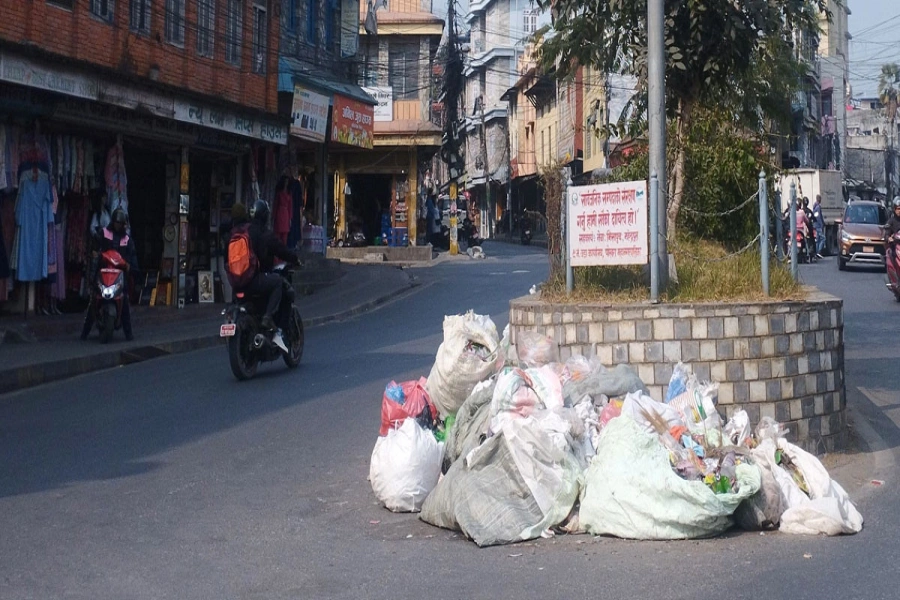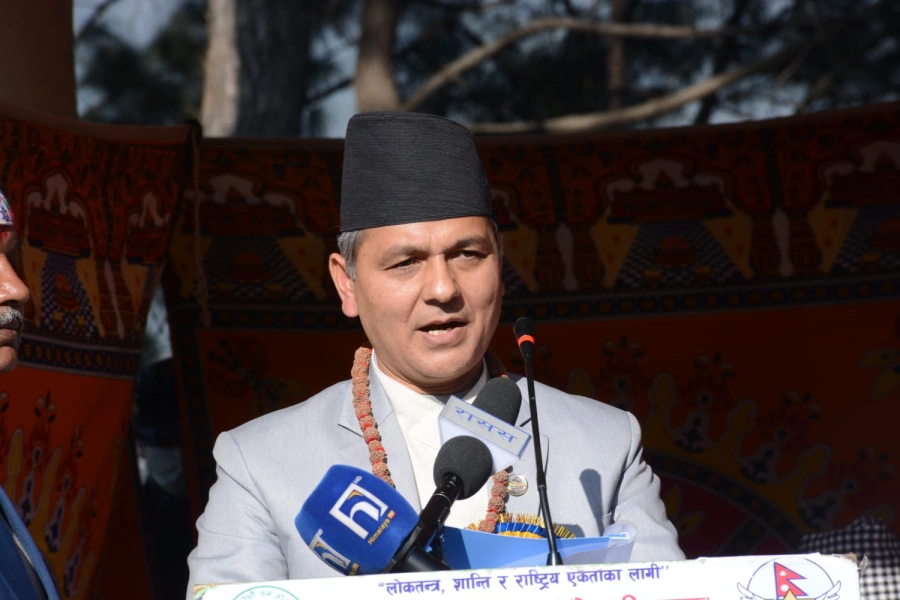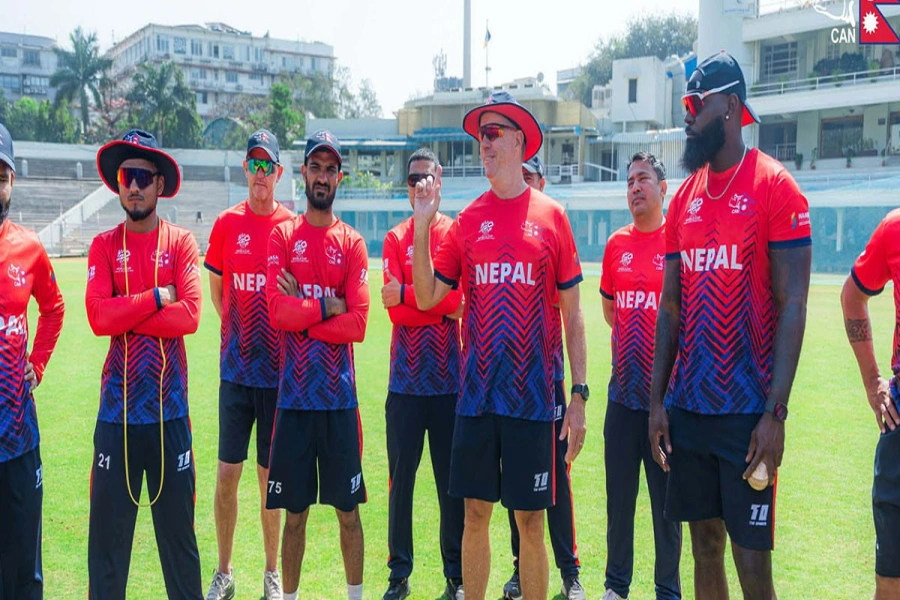The latest political change in Nepal, marked by the collapse of Prime Minister Pushpa Kamal Dahal-led government, underscores the critical need for a concerted focus on the country's most pressing issues. Frequent changes in the coalition and the government have put the country's pressing issues such as unemployment, economic slowdown and growing youth exodus on the backburner. The failure of each successive government to address these pressing issues has left an impression among people that the country's major parties are only for the power game, leaving them disenchanted with the politics itself. This demands political parties to mend their ways to assure people that they are committed to serve the interests of people. As the two major parties, the Nepali Congress (NC) and the CPN-UML, in the parliament have also pledged to bring constitutional amendments make the federal system of governance more effective and efficient, it is imperative that they seek consensus with other parties, including the CPN (Maoist Center) and the Rastriya Swatantra Party (RSP). The new government must prioritize stability and address the nation's challenges with due urgency.
Where there is government, there is corruption!

Prime Minister Dahal's government collapsed after 18 months, failing to secure the necessary majority support during a floor test in the federal parliament on Friday. There were 258 of the total 275 members present during the voting. Dahal managed to receive only 63 votes, with 194 against him, leading to his automatic removal from office. This political instability, evidenced by five confidence votes in the parliament within a short span, reflects deep-rooted issues in our political landscape. Dahal's fall came after the CPN-UML withdrew its support, following an agreement with the NC. UML Chairman KP Sharma Oli has now staked a claim to the premiership after President Ram Chandra Paudel invited parties to stake claim for the new government leadership. Oli is expected to be appointed as the new prime minister of the country on Sunday. Amid this political turmoil, it is crucial for all parties to prioritize the nation's welfare over partisan interests. The NC and UML, now in the alliance, must lead by example, demonstrating a commitment to good governance and stability.
Nepal faces numerous challenges that demand immediate interventions. Economic instability, corruption, inadequate infrastructure and social inequality are pressing issues that require a united and focused government. The political leadership must rise beyond power struggles and work collaboratively to create and implement effective solutions. The new government, under the leadership of KP Sharma Oli, has an opportunity to set a new course for Nepal. By forging a consensus with all major political parties and prioritizing the nation's urgent needs, the NC and the UML can restore public trust and demonstrate that their alliance is more than a political maneuver. The country's progress depends on their ability to work together, rise above partisan interests, and address the real issues facing the nation. As the new government is expected to take shape by next week, let it be guided by a shared vision of stability, prosperity and good governance for all Nepalis.


_20240703153739.png)

